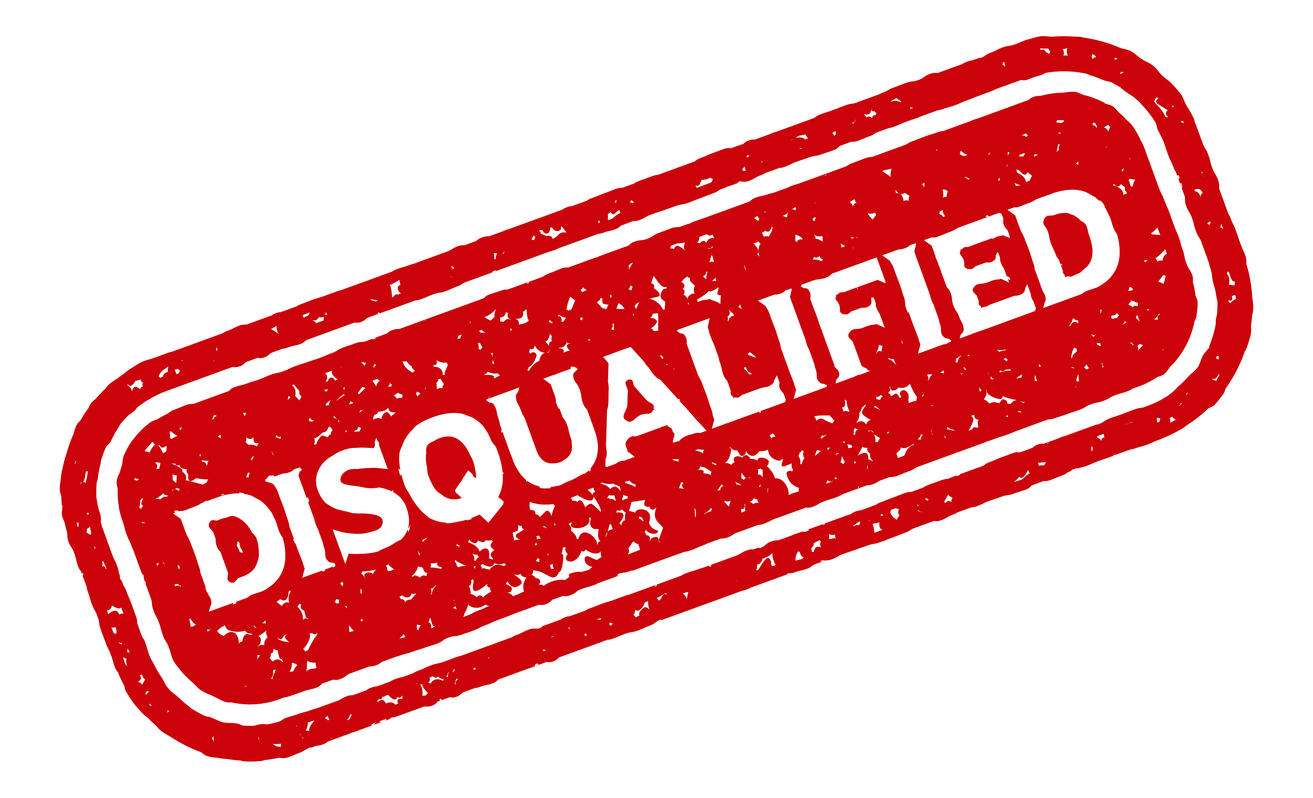Insurance is your safety net. It is a contract made between you and your insurance company guaranteeing that, if anything were to happen to you, the agreed safety net will be provided. Insurance companies have a right to investigate the legitimacy of claims. However, insurance companies in Texas cannot reject legitimate claims, misrepresent policy terms, or engage in other specific “bad acts.”
In some instances, an insurance claim can be simple. For example, if your windshield cracks and you have auto insurance coverage for this type of damage, you can make one phone call, explain the situation, and have a professional company install a new windshield in a few days, sometimes that same day. But many other types of insurance claims are full of difficulties that may require the assistance of an experienced insurance attorney.
People purchase insurance to protect themselves from the unexpected. Things like accidents, property damage, and natural disasters. Unfortunately, it is not unusual for insurance companies to undervalue, underpay, delay or even completely deny payment of a claim without proper justification or warning. For this reason, it is important that policyholders understand their legally protected rights.
In Texas, insurance companies owe a wide range of duties to their policyholders, ensuring that claims are promptly adjusted and settled in a fair manner. An insurance policy is a contract between the insurance company and the policyholder, and both parties are required to honor its terms. If an insurance company violates the terms of its insurance policy, it is liable for a breach of contract. Because of the unequal bargaining relationship between a policyholder and an insurance company, Texas law interprets any ambiguities in the policy in favor of the insured.1 An insurance company that breaches these duties can be liable to the policyholder for additional damages, penalties, and attorney’s fees beyond what is owed under the insurance policy.2
The reason insurance companies are so closely regulated is the inherent advantage they have over their insureds who are depending on the coverage they paid for. The Texas Supreme Court first recognized a cause of action against insurance companies for improper handling of an insurance claim in 1987. The court noted that because of the unequal bargaining power between insured and insurer, “unscrupulous insurers [could] take advantage of their insureds’ misfortunes in bargaining for settlement or resolution of claims” and that “without such an action, insurers can arbitrarily deny coverage and delay payment of a claim with no more penalty than interest on the amount owed.”3
In Texas, there are two separate bodies of law that penalize insurance companies for acting in bad faith. The first is a common law implied covenant of good faith that requires an insurance company treat you honestly and fairly. When someone makes a claim with their insurance company, Texas law requires the insurance company to follow specific guidelines in its processing and handling of the claim. The insurance company has a duty of good faith and fair dealing to its policyholder, which means it must evaluate the claim fairly and not deny or delay payment when liability is reasonably clear.4
Texas Insurance Code §542 sets specific deadlines for when an insurer regulated by this chapter must take certain actions after first receiving notice of a claim.
Q: Once I have filed a claim, does my insurance company have to respond to me?
A: Yes, under Texas law, an insurance company is required to respond to a claim that is filed.
- Section 542.055 of the Texas Statutes provides that an insurer must do the following within 15 days of receiving notice of a claim from a claimant:
- Acknowledge receipt of the claim.
- Begin an investigation of the claim.
- Request any information from the policyholder that the insurer reasonably believes will be needed in the investigation.5
An insurer’s failure to acknowledge that they have received your claim is a violation of the statute. However, the statutory requirements do not end there. An insurer must also notify you of whether your claim has been accepted.
In most scenarios, section 542.056 of the Texas Statutes states,
- The insurer must notify the claimant in writing within 15 business days after receiving all items requested in the investigation whether the claim is accepted or rejected (30 days in case of a “reasonable basis” belief by the insurer that the loss occurred from arson) and if the claim is being rejected, include the reason for the rejection in the notice.6
Q: After I have filed a claim and the insurance company must pay, when should I be paid?
A: If an insurer notifies you that they will pay a claim or part of a claim, they must do so within a specific amount of time. Under Texas law, they cannot continue to delay payment.
Section 542.057 of the Texas Statutes states that:
- An insurer must generally pay the accepted claim “no later than the fifth business day after the date notice is made.” In fact, if an insurer fails to do so, you may be entitled to damages.7
In short, insurance companies have a duty to promptly complete their investigations, make claim determinations, and pay claims. In most cases, the insurance company’s determination should be made within 60 days. Failure to comply with the technical requirements under the Ch. 542 “prompt payment” law can entitle you to attorney’s fees and other penalties.
Q: Is there any way that I can speed up the process to get my claim resolved faster?
A: You cannot shorten the statutory timeframe that insurance companies have. However, there are still things you can do to expedite your claim.
Because an insurer generally has 15 days to investigate the claim from the date they receive the requested information from you, sending these items as quickly as possible is to your advantage.
After your property is damaged, try to compile as much information as possible to provide to the insurance company. Having witness statements, damage reports, and proof of loss forms completed and ready can help speed up the process.
Q: Why is it beneficial to contact an attorney to assist me with my claim?
A: If you are dealing with an insurance company that has delayed responding to or paying your claim, you might feel like there is nothing you can do. However, this is not the case. Know that you have rights, and there are actions that you can take. Don’t let an insurance company continue to delay your claims process. A lawyer can help protect your rights and fight on your behalf.
If you suspect your insurer is acting in bad faith, be sure to document all conversations with your insurance company. Make sure you save all correspondence with your insurance company and, when possible, request that your insurance company communicate with you via letter rather than phone. When you meet with the attorney for the first time, be sure to bring along a folder with all the documentation you have been keeping.
If you think your insurance company is acting unreasonably, you may need to retain an attorney in order to receive the compensation you deserve. As soon as possible, find an attorney who has experience litigating first-party property insurance claims, Attorneys at Merlin Law Group dedicate their entire practice to first-party property claims. We understand the tactics insurance companies use to deny legitimate claims and have a proven track record of securing the deserved compensation for our clients.
________________________________
1 Nat’l. Union Fire Ins. Co. of Pittsburgh, PA v. Hudson Energy Co., Inc., 811 S.W.2d 552 (Tex. 1991).
2 Earnest Martin Jr. and Michael Stoner. How Extra-Contractual Damages Can Protect Insureds from Obstinate Insurance Companies. The Texas Lawyer, June 1, 2018.
3 Arnold v. National County Mutual Fire Ins. Co., 725 S.W.2d 165 (Tex. 1987).
4 Tex. Mut. Ins. v. Ruttiger, 381 SW 3d 430, 446 (Tex. 2012).
5 Tex. Ins. Code §542.055
6 Tex. Ins. Code §542.056
7 Tex. Ins. Code §542.057




